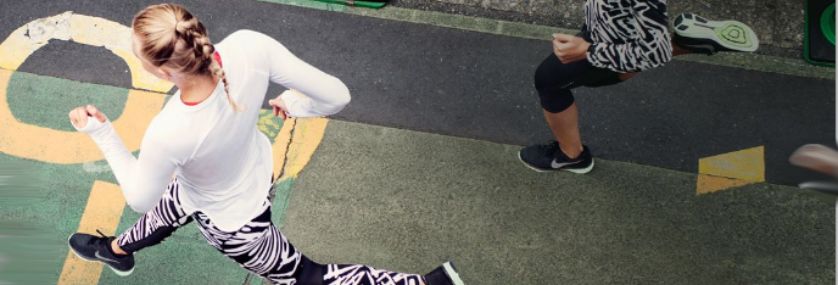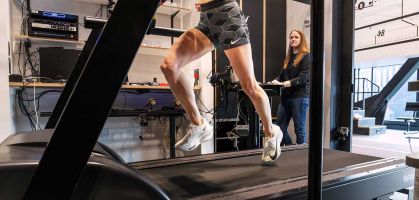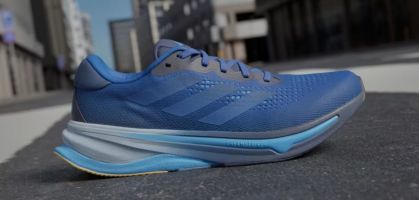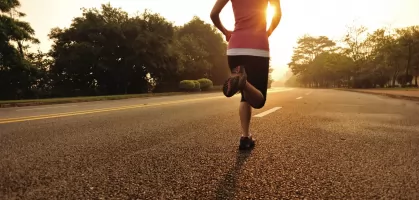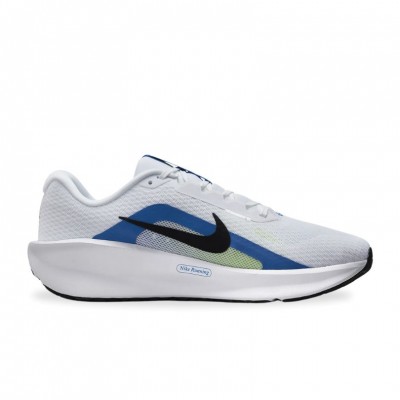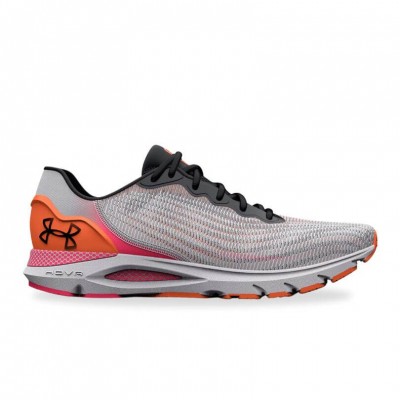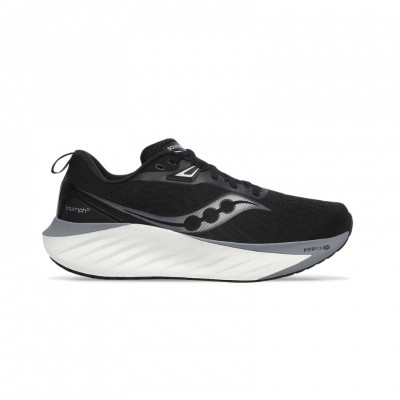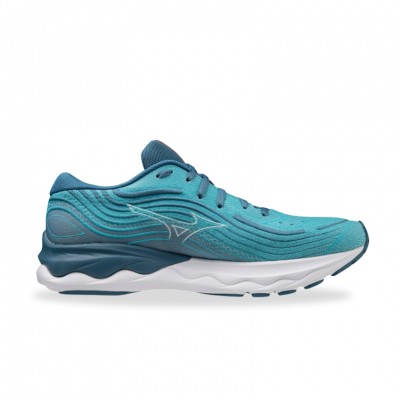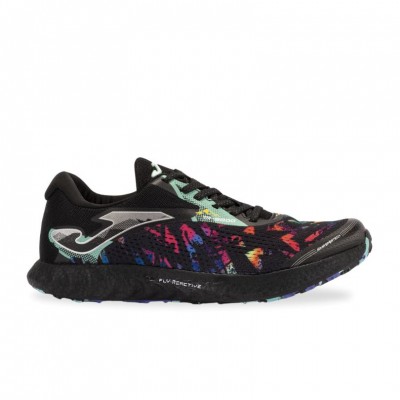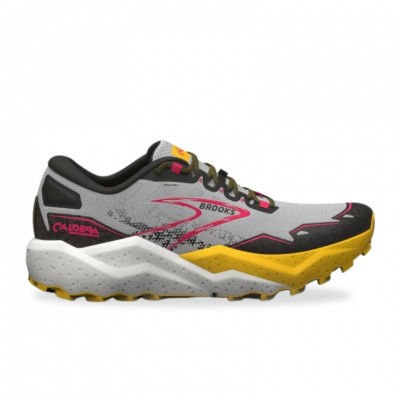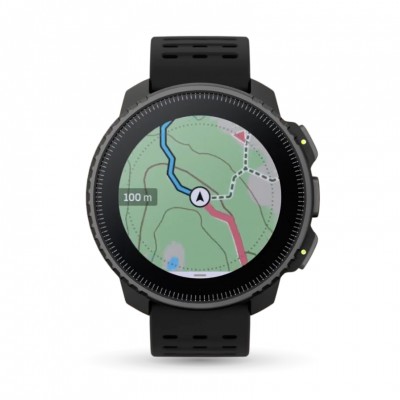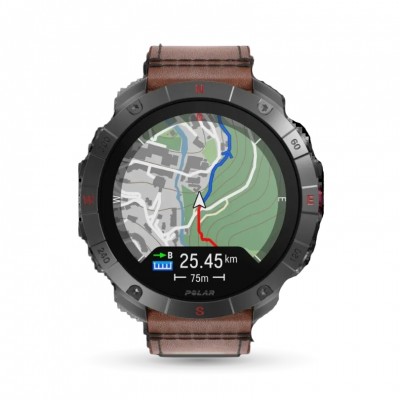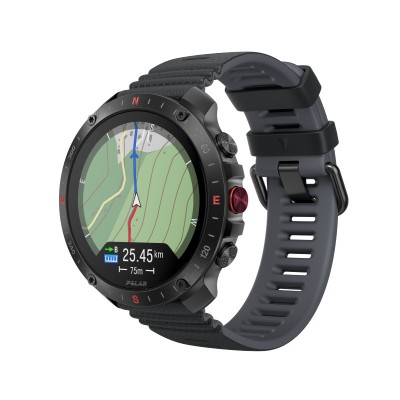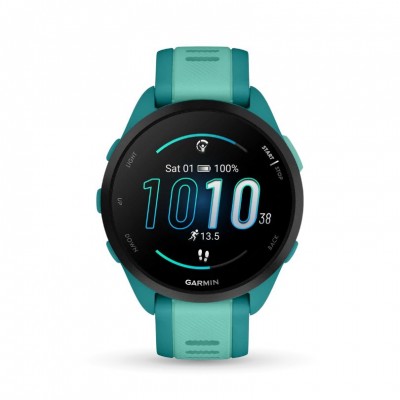Lately several runners have been asking me about the possibility of having a personal trainer and a coach at the same time. Can I do it? Yes, of course. And even more so; it is highly recommended to get the most out of ourselves.

But then I was asked these two questions:
What if what the coach tells me is different from what my coach tells me? Who do I have to listen to?
If I have a coach, do I need to have a personal trainer, or is it enough to have a coaching process?
Sports planning
First of all, sports planning is essential. I think it is beyond any doubt that it is convenient to have a clear objective or objectives for the season. The type of training, the training sessions, the rest days, etc. ..... That is to say; preparing the physical aspect of a season is paramount, whether it is done by the runner himself or with a coach.
Secondly, the fact that a runner has the services of a coach does not libra him/her libra having to do long runs, intervals, power exercises, etc. ....; in other words, he/she has to keep training hard. Working on the emotional aspect does not libra us from having to work on the physical aspect as well.
In third place, the coach only acts on the emotional aspect, of improvement, objectives, etc... without entering in the physical preparation. The planning of the season, as we have indicated, will be done by the runner either by himself or with his personal trainer.
Therefore, the coach and the trainer share these characteristics:
- Both help the runner to achieve maximum performance.
- It is the runner who really matters and everything should revolve around him. Both the coach and the trainer are behind the runner and at his service.
On the other hand, the differences between the coach and the trainer are the following:
- The coach does not give advice and does not give opinions. On the other hand, the coach gives advice and opinions; indeed, this is expected of him.
- The coach does not go into the physical aspects, planning, tactics, etc...
- For the coach, the most important thing is the runner's personal agenda and everything else is subordinate to him. For the coach, although he is looking for the best for the runner, sometimes the club's or his personal agenda may clash with that of the runner.
As we have said, the coach and the trainer have the same "client", the runner, working on different aspects of the athlete. When it is an individual athlete who has a personal trainer and a coach, the runner's agenda is perfectly covered. With coaching, the two aspects of the runner, the physical and the emotional, work together and are integrated.
Perfect triangle
The triangle formed between runner, trainer and coach is the one that gets the best results. Coach and trainer complement each other and together with the tactics, technique, and sports strategy and the analysis of the runner's evolution, which is the responsibility of the trainer, the coaching process helps to integrate the physical training with the mental and emotional. Let's not forget; the runner is a person with his emotions, with his illusions, with his limiting beliefs, with his potential.
You may be interested in:
Back to the question at the beginning. This is all well and good, but who should the runner listen to more, the coach or the trainer? The answer is easy; a coach does not give advice. A coach does not give opinions. A coach never tells the runner what to do or whether the planning or sporting objectives are right or wrong.
If a runner tells his coach that he needs to rethink the season's objectives or training, or the planning that is being done, it is not because the coach has told the runner what to do. What the coaching process has achieved is that the runner reflects on his situation; he challenges himself to achieve more ambitious goals, new higher or more realistic expectations.
The importance of the emotional aspect of the runner
As we mentioned in our last article, in running there is not only a physical aspect, but the emotional aspect is essential. The coach works on the emotional aspect of the runner; that the runner has the desire to improve, to achieve goals, to increase performance; in short, to challenge the runner.
There is a phrase from Timothy Gallwey, one of the fathers of coaching and an authority in sports coaching that I love; "the worst enemy of an athlete is his mind". And I will give an example:
I am sure we have all experienced that conversation, when we are training or in a test, that takes place in our mind between our two "I's".
One of the "I" is the one that starts to say that you are already tired, that with that discomfort in the leg better to stop, that because I slack a day and do not fulfill the planning nothing happens, and that yesterday I slept very badly and surely it is better for me to rest and sleep than to be running.....
And the other me is the one who says that I have to keep going, that I have to grit my teeth and continue running, that I will not give up.
Most runners, if not all, have had that conversation in their head, doing a long run, some slopes or simply in the warm-up before a session. And they are conversations that last and last. .... The coach is the one who will help us to achieve our goals, to break those barriers that we impose on ourselves, to regain motivation and to challenge ourselves and go beyond. The runner, in order to evolve and improve, needs challenges. He needs to maintain the tension.
And speaking of barriers and self-limitations. It has always surprised me that many runners see running technique exercises as something that should be done but that almost nobody does. There is practical unanimity that they are convenient and necessary, but who devotes time in a session to them.
What happens to us is that when we have settled in our comfort zone and although technique exercises help us to improve and go faster, we are reluctant to leave that zone in which we are accustomed to move.
This is what I will try to explain in the next article; why we limit ourselves and do not progress.
www.coachingsinlimites.es I @aloizagacoach
Read more news about: Running News
